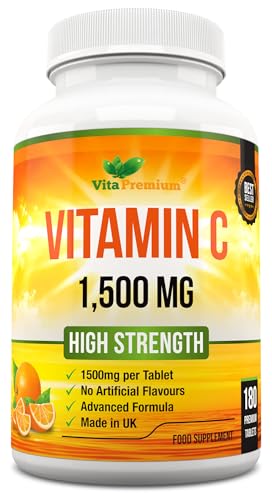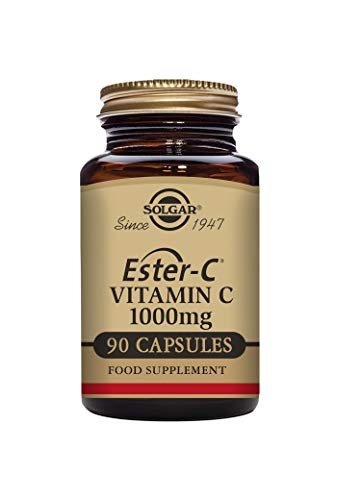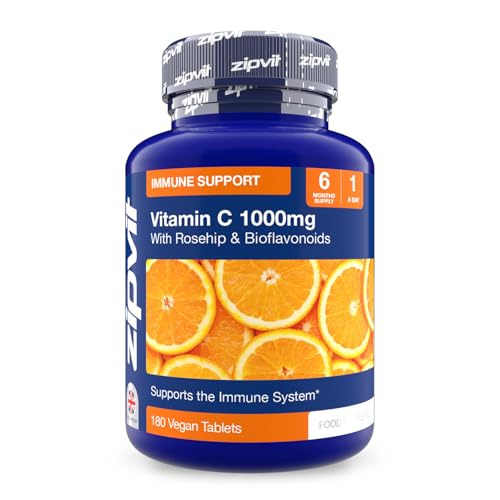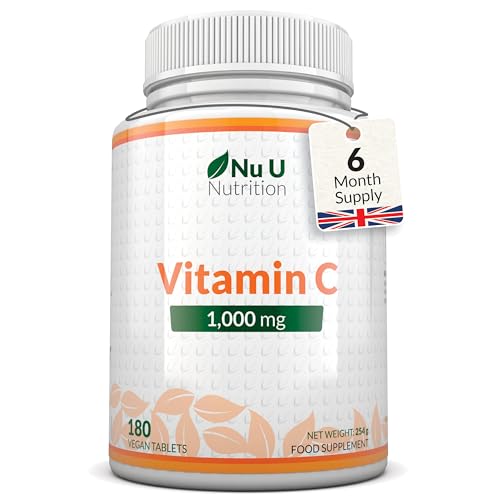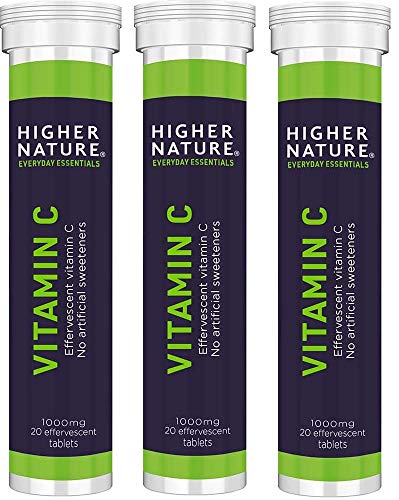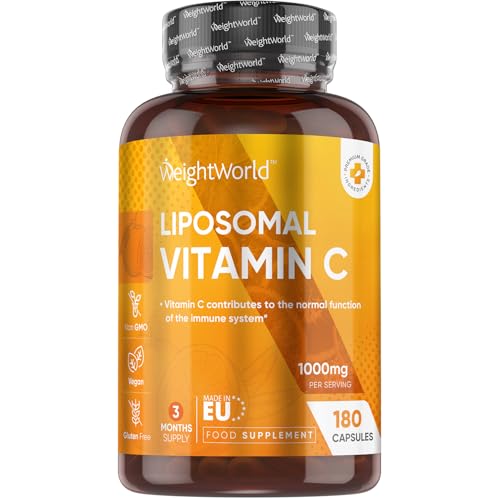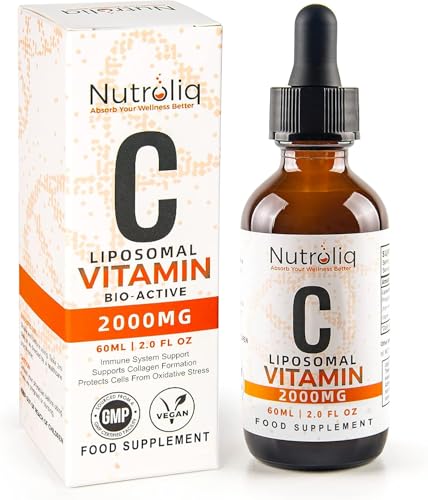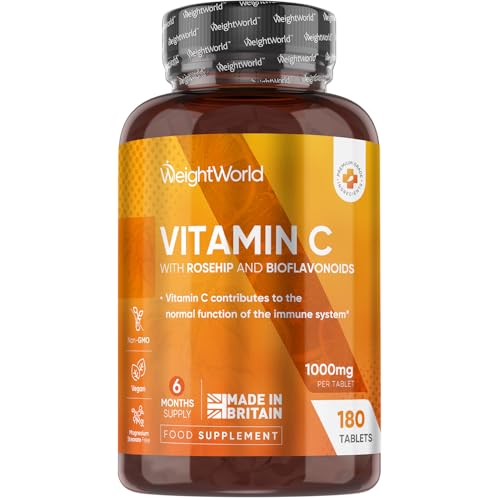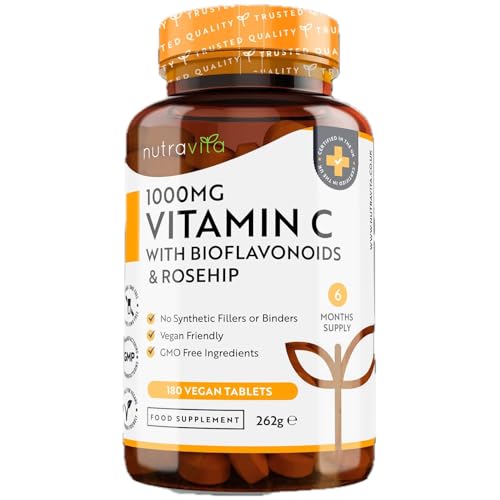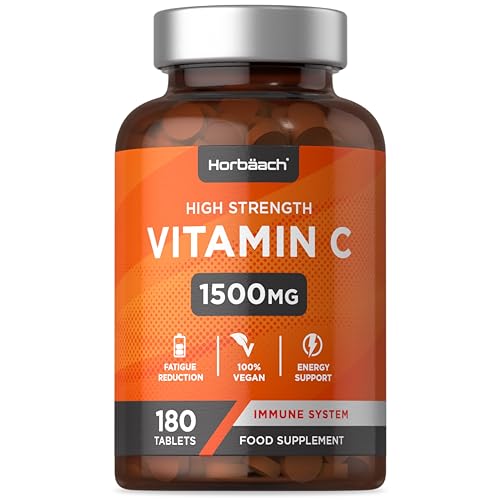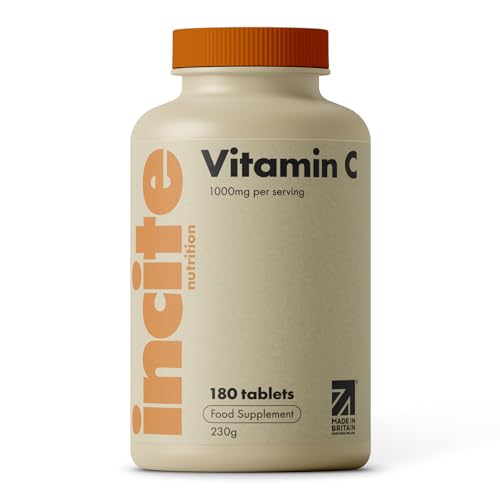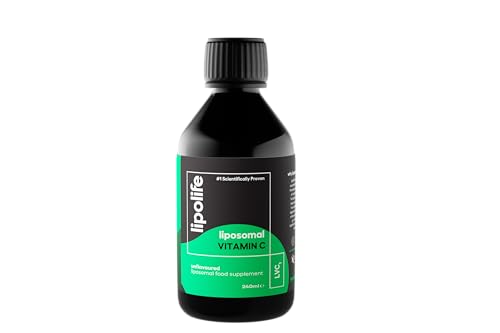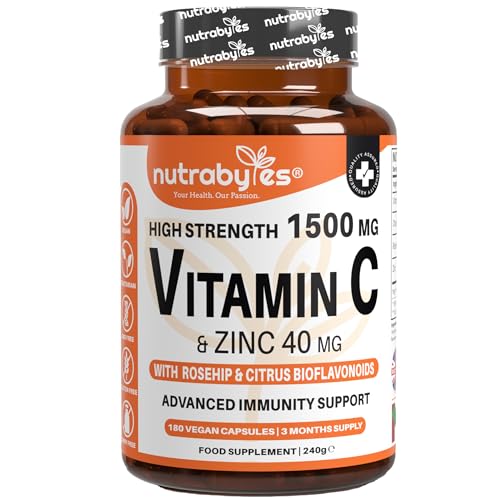Understanding Vitamin C: What It Is and How It Benefits Us
What Is Vitamin C?
Vitamin C, also known as ascorbic acid, is a water-soluble vitamin essential for various bodily functions. Our bodies cannot produce it, making dietary intake crucial. It’s known for its role in the growth and repair of tissues, functioning as a powerful antioxidant that protects our cells from damage caused by free radicals. This nutrient also aids in the absorption of iron, boosts our immune system, and is vital for collagen production, which helps keep our skin youthful and healthy.
Health Benefits of Vitamin C
Incorporating Vitamin C into our diet can lead to numerous health benefits. Firstly, it enhances the immune system, helping us ward off common colds and other illnesses. Secondly, its antioxidant properties protect us from oxidative stress, which can contribute to chronic diseases. Regular intake has also been linked to improved skin health, including reduced wrinkles and improved texture. Additionally, Vitamin C plays a role in wound healing, ensuring our bodies recover effectively from injuries.
Choosing the Right Vitamin C Product: Key Factors to Consider
Assessing Your Needs
When selecting a Vitamin C product, it’s crucial to assess our individual needs. Are we looking to boost our immune system, improve our skin’s appearance, or perhaps both? This clarification helps narrow down our options significantly. For those focused on skincare, a serum might be the appropriate choice, while others seeking a health supplement can opt for tablets or powders.
Ingredients and Formulations
Next, we should look closely at the ingredients and formulation of the product. Pure Vitamin C (ascorbic acid) is effective, but we may also encounter compounds like sodium ascorbyl phosphate or magnesium ascorbyl phosphate, which are more stable and less irritating. Additionally, products containing other beneficial ingredients, such as hyaluronic acid for moisture or vitamin E for enhanced antioxidant benefits, can combine the effects and enhance overall performance.
Forms of Vitamin C: Which One Is Best for You?
Topical Forms: Serums and Creams
For those interested in skincare, topical forms of Vitamin C are popular. Serums typically contain higher concentrations of ascorbic acid and provide potent antioxidant benefits directly on the skin. Creams may combine Vitamin C with hydrating agents for a more nourishing effect. We should consider our skin type; for instance, those with sensitive skin might prefer formulations with less acidic variants.
Oral Supplements: Tablets, Powders, and Gummies
If we are looking to boost our overall health, oral supplements are an accessible option. Tablets or capsules are standard, while powders offer a versatile choice that can be mixed into drinks or smoothies. Gummies are a tasty alternative, especially if we find it hard to swallow pills. It’s important to check the dosage and ensure it aligns with our dietary needs and lifestyle.
How to Incorporate Vitamin C into Your Daily Routine
For Skincare Enthusiasts
If our focus is skincare, incorporating Vitamin C is simple. Using a serum in the morning on clean skin can provide a brightening effect and protection against environmental stressors. Following up with moisturiser and sunscreen enhances the results, as Vitamin C can make our skin more sensitive to sunlight.
For Daily Health Benefits
To enjoy the health benefits of Vitamin C, we can easily include it in our daily routines. Adding a Vitamin C supplement to our breakfast alongside a healthy diet rich in fruits and vegetables, such as oranges, strawberries, or kiwis, can help us achieve the recommended daily intake. Keeping these supplements visible can serve as a reminder to take them consistently.
Our Top Picks for Vitamin C Products This Year
Best Skincare Serums
When it comes to effective skincare serums, we recommend looking for formulations with a concentration of 10-20% Vitamin C. These serums not only brighten the skin but also help reduce fine lines and improve overall texture.
Top Oral Supplements
For oral supplements, we suggest exploring options that offer both ascorbic acid and buffered forms of Vitamin C to reduce potential stomach irritation. It’s beneficial to choose products with additional ingredients, such as rose hips, which can enhance the vitamin’s effectiveness.


